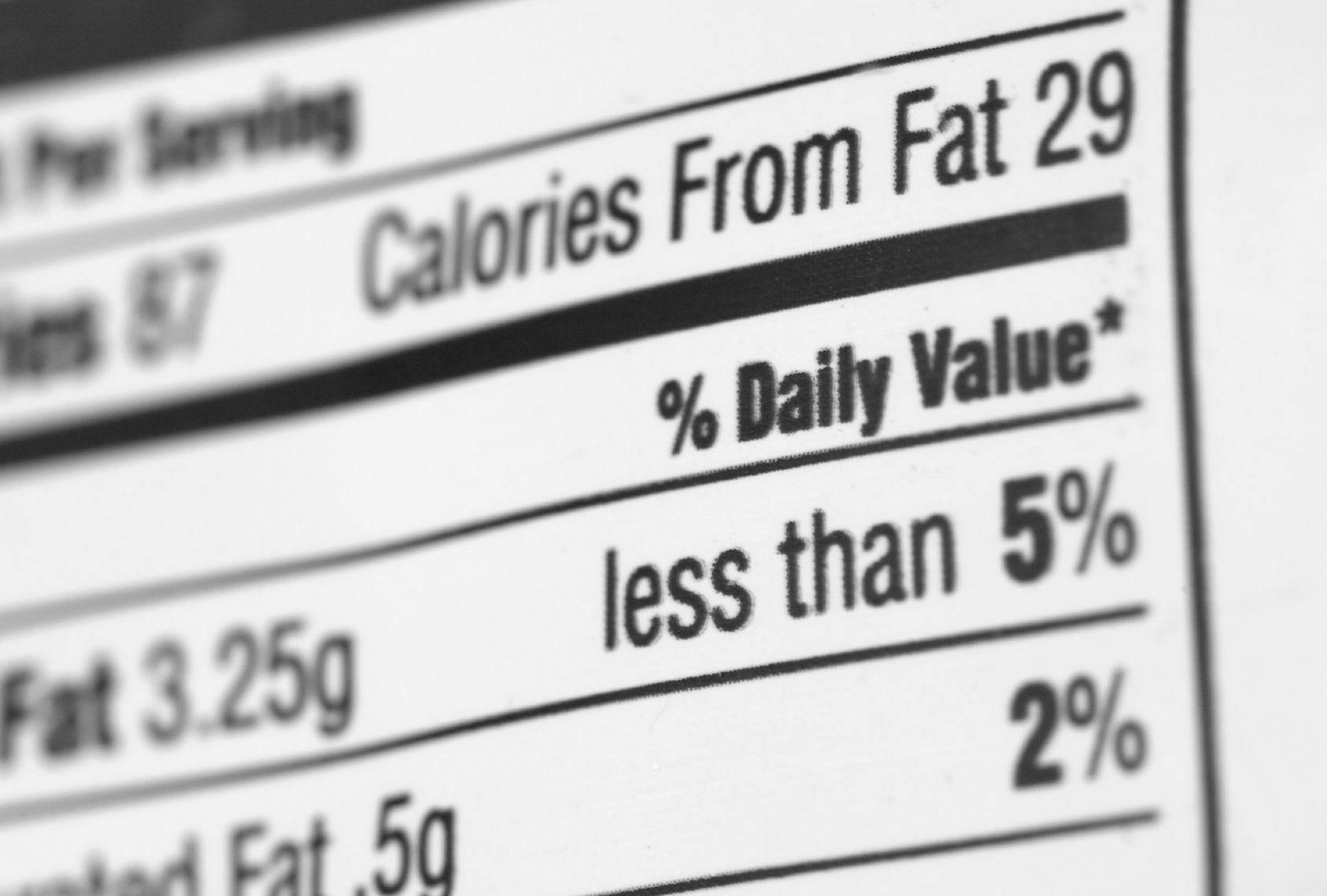General Mills Faces Lawsuit over Cheerios Protein Claims
The class-action lawsuit alleges Cheerios Protein is “falsely and misleadingly marketed.”
Photo © iStockphoto.com/ManuelVelasco

Story updated at 11:58 a.m., November 12, 2015
General Mills is the target of a new class-action lawsuit, which alleges that its Cheerios Protein breakfast cereal is falsely marketed as a “high-protein, healthful alternative to Cheerios.”
The Center for Science in the Public Interest (CSPI; Washington D.C.), a nonprofit consumer advocacy group, filed the lawsuit on November 9. It compares the nutritional content of Cheerios Protein with original Cheerios, suggesting the difference in protein content is not significant enough to merit being separately branded with an emphasis on protein.
“Cheerios Protein has only a smidgen more protein per serving than Cheerios, or 4 grams, which is only 5% the average American daily protein intake,” reads the lawsuit. “Most of that 4 grams is attributable to differences in serving sizes: Cheerios Protein has a bigger, 55 gram serving size, whereas Cheerios uses a 27 gram serving size.”
Cheerios Protein advertises itself as having 11 grams of protein with milk, but the cereal alone accounts for 7 grams of protein per serving. That’s 4 grams more than original Cheerios, but CSPI says that if you compare equal serving sizes, the difference becomes negligible. According to the lawsuit, 200 calories of Cheerios Protein has only 0.7 grams more protein than original Cheerios (6 grams versus 6.7 grams).
“The Cheerios Protein product name is false and misleading because Cheerios Protein has virtually no more protein than Cheerios, but it implies otherwise,” reads the lawsuit.
Instead, the lawsuit sees sugar content as the main difference between Cheerios Protein and original Cheerios, suggesting that Cheerios Protein includes 17 times as much sugar per serving than original Cheerios.
General Mills: "Publicity-Seeking Lawsuit"
General Mills rejects the lawsuit's interpretation of the protein content in Cheerios Protein, especially with regard to the serving size.
"An equal amont of Cheerios Protein contains 18% more protein by weight than original Cheerios," says Mike Siemienas, manager of brand media relations, General Mills. He adds that with 7 grams of protein per serving, Cheerios Protein does qualify as a "good source of high-quality protein" by FDA standards.
On the point of different serving sizes between original Cheerios and Cheerios Protein, Siemienas says that Cheerios Protein is more dense than original Cheerios and was therefore required to follow the 55 gram serving size by FDA labeling standards.
Siemienas said General Mills rejects CSPI's comparison of these two products, and he called the suit a "publicity-seeking lawsuit."
Read more:
POM vs. Coke: The Fight over a Food Label
Ocean Spray Aims to Keep Its New Cranberry PACs Campaign “Consumer Friendly”
Michael Crane
Associate Editor
Nutritional Outlook Magazine
michael.crane@ubm.com
Magnesium L-threonate, Magtein, earns novel food authorization in the European Union
December 19th 2024According to the announcement, the authorization is also exclusive to AIDP and its partner company and licensee, ThreoTech, meaning that they are the only parties that can market magnesium L-threonate in the EU for a period of five years.